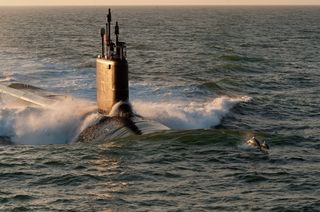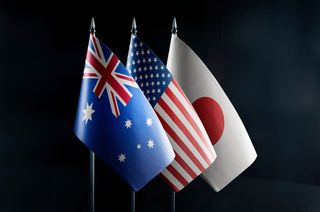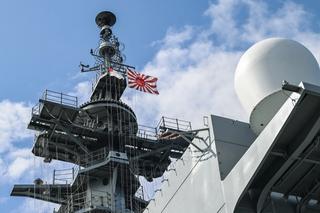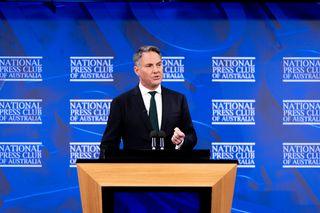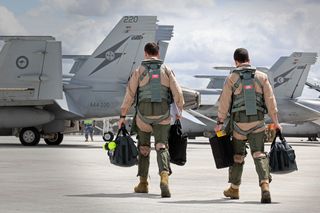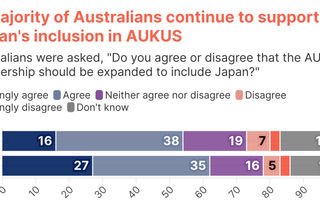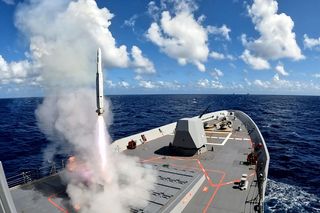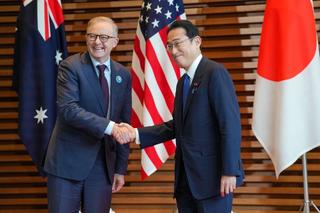About
The Foreign Policy and Defence Program produces policy-oriented analysis of American strategic policy in the Indo-Pacific and the future of the Australia-United States alliance. The program offers insights and recommendations to its stakeholders through publications, policy dialogues, strategic futures workshops, outreach activities, podcasts, and other mediums.
The Foreign Policy and Defence Program produces policy-oriented analysis of American strategic policy, the future of the Australia-United States alliance, and other key maritime allies and partners in the Indo-Pacific. The program offers insights and recommendations to its stakeholders through publications, policy dialogues, strategic futures workshops, roundtables, outreach activities, podcasts, and other mediums. The program’s purpose is to deepen Australians’ understanding of American foreign policy and the regional security environment, to explain key developments in the US alliance network, and to provide policy solutions for challenges and opportunities arising in the context of the US-Australia Alliance more broadly.
Current research priorities include:
- The direction of US Indo-Pacific policy, regional alliances and security partnerships, and the role of US allies – particularly Australia, India, Japan, and South Korea – in shaping a collective regional strategy.
- Optimising alliance cooperation on defence industry and technology matters, including through AUKUS Pillars I and II, the US National Technology and Industrial Base (NTIB), the Sovereign Guided Weapons and Explosive Ordinance Enterprise (GWEO), and other avenues, including with third parties like Japan and South Korea;
- Strategic futures and multipolarity in the Indo-Pacific and the interplay between military capabilities, geoeconomics, diplomacy, politics, alignment preferences, and relative power changes.
- Upgrading the US-Australia alliance to meet the challenges of deterrence and counter-coercion in an era of multi-dimensional strategic competition;
- The strategic implications of trends in the US defence budget, military readiness and modernisation, and force posture for the regional balance of power;
- The implications of expanded cooperation through the alliance, AUKUS, and other minilateral partnerships for Australian sovereignty and strategic autonomy, concerning access, collective posture, and new military capabilities
- Building stronger institutional and people-to-people networks between researchers and experts in AUKUS and Quad countries;
- The role and impact of climate security in Australia-US alliance cooperation; and
- The implications of domestic political developments in the United States, particularly in Congress, for foreign and defence policy in areas of key interest to Australia.
